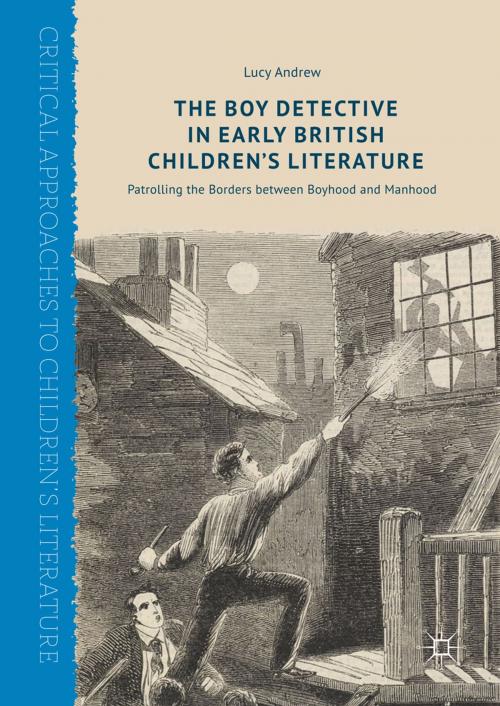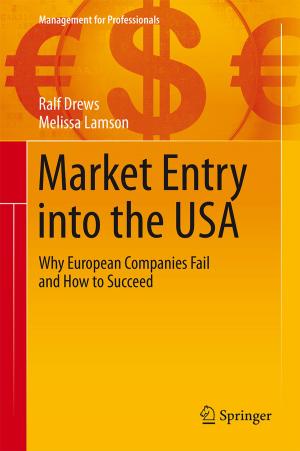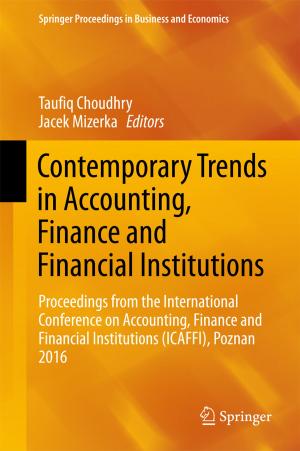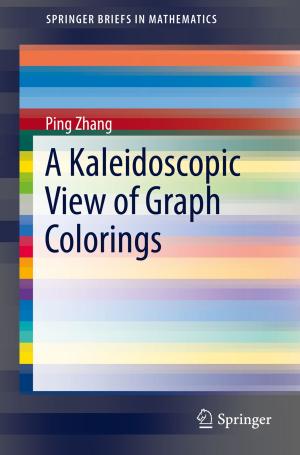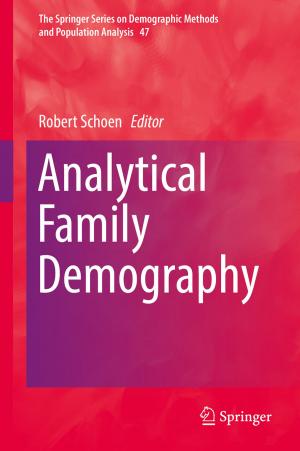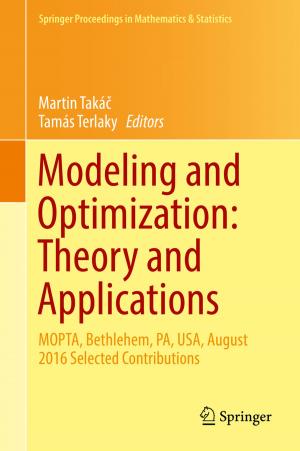The Boy Detective in Early British Children’s Literature
Patrolling the Borders between Boyhood and Manhood
Fiction & Literature, Literary Theory & Criticism, Children&, British| Author: | Lucy Andrew | ISBN: | 9783319620909 |
| Publisher: | Springer International Publishing | Publication: | October 19, 2017 |
| Imprint: | Palgrave Macmillan | Language: | English |
| Author: | Lucy Andrew |
| ISBN: | 9783319620909 |
| Publisher: | Springer International Publishing |
| Publication: | October 19, 2017 |
| Imprint: | Palgrave Macmillan |
| Language: | English |
This book maps the development of the boy detective in British children’s literature from the mid-nineteenth to the early-twentieth century. It explores how this liminal figure – a boy operating within a man’s world – addresses adult anxieties about boyhood and the boy’s transition to manhood. It investigates the literary, social and ideological significance of a vast array of popular detective narratives appearing in ‘penny dreadfuls’ and story papers which were aimed primarily at working-class boys. This study charts the relationship between developments in the representation of the fictional boy detective and changing expectations of and attitudes towards real-life British boys during a period where the boy’s role in the future of the Empire was a key concern. It emphasises the value of the early fictional boy detective as an ideological tool to condition boy readers to fulfil adult desires and expectations of what boyhood and, in the future, proper manhood should entail. It will be of particular importance to scholars working in the fields of children’s literature, crime fiction and popular culture.
This book maps the development of the boy detective in British children’s literature from the mid-nineteenth to the early-twentieth century. It explores how this liminal figure – a boy operating within a man’s world – addresses adult anxieties about boyhood and the boy’s transition to manhood. It investigates the literary, social and ideological significance of a vast array of popular detective narratives appearing in ‘penny dreadfuls’ and story papers which were aimed primarily at working-class boys. This study charts the relationship between developments in the representation of the fictional boy detective and changing expectations of and attitudes towards real-life British boys during a period where the boy’s role in the future of the Empire was a key concern. It emphasises the value of the early fictional boy detective as an ideological tool to condition boy readers to fulfil adult desires and expectations of what boyhood and, in the future, proper manhood should entail. It will be of particular importance to scholars working in the fields of children’s literature, crime fiction and popular culture.
